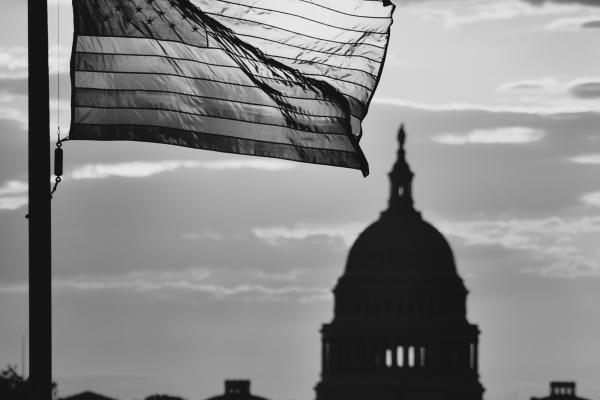As an Oregonian who grew up deer hunting in Oregon’s forests and fishing in Oregon’s rivers (including the beautiful Umpqua River), I have a deep respect for traditional hunting culture and responsible gun ownership. Like everyone else, I was overwhelmed with sadness at seeing the news of the recent shooting in the beautiful town of Roseburg, Ore. Like so many others who are praying for these families and for this town, I cannot imagine the sense of loss that the Roseburg families are going through right now. I add my prayers to the chorus of prayers; may God help these families and this community through this unspeakable catastrophe.
The Center for American Progress now claims that in 2015 fatalities caused by guns will surpass those caused by cars. For these reasons – and adding in the massive psychological damage caused by gun violence in families and communities — it is not an exaggeration to claim that gun violence is the single greatest domestic problem in the United States today. Gun violence is also, of course, a huge economic burden. Americans spend around $230 billion a year paying for it.
Read the Full Article

